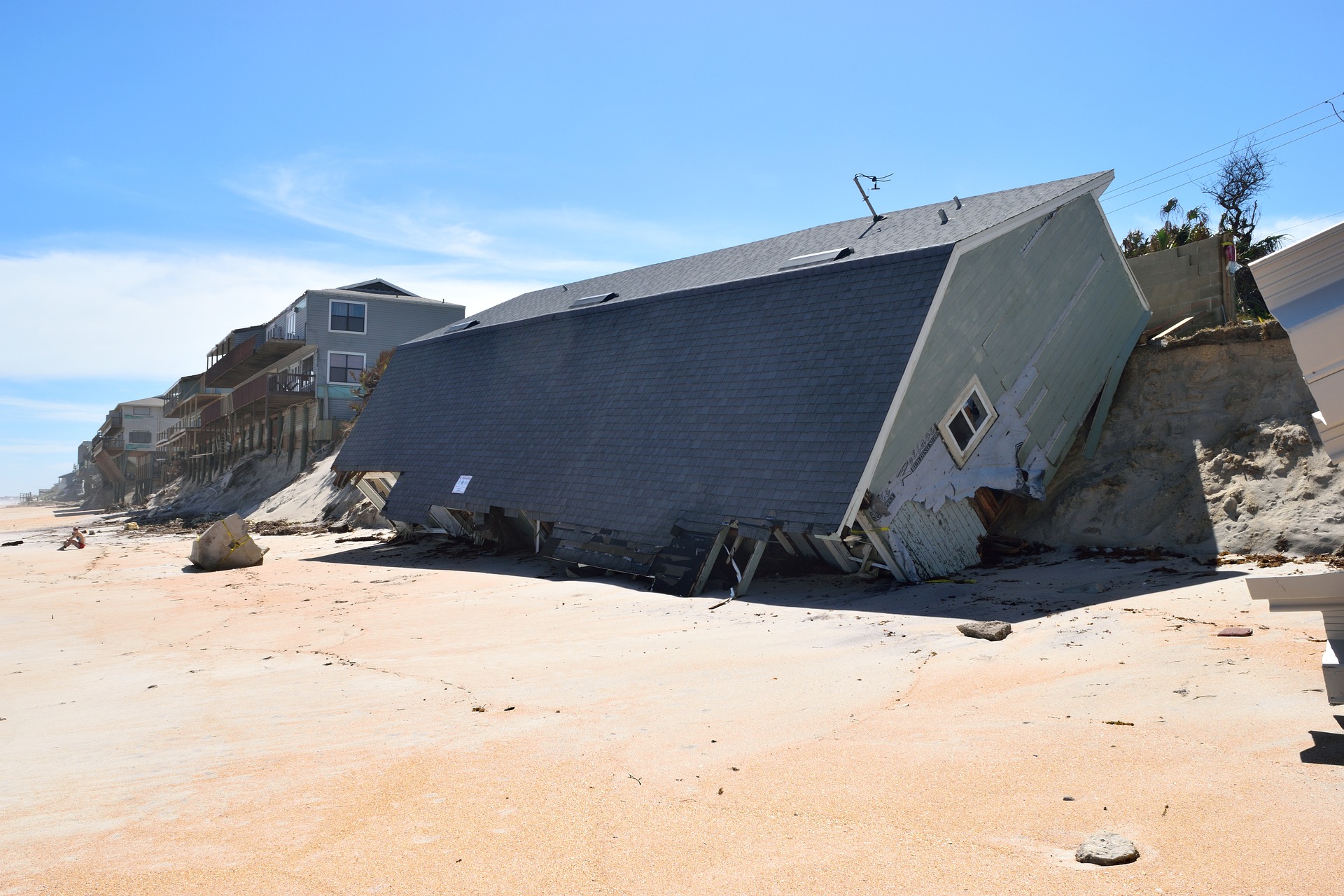
Generally, storage units don’t come with insurance coverage. However, sometimes proof of insurance coverage for your stored property is required before a rental agreement can be signed. Enrolling for any new insurance coverage can be confusing or misleading at times, so it’s essential to have all your questions answered before committing one way or the other.
If the insurance coverage isn’t included but is required to rent a storage unit, how does one go about getting the needed insurance coverage? Does renters insurance provide coverage for the property stored in a storage unit? What about homeowners insurance? In this guide, we will answer these common questions and more.
What is Tenant Insurance?
Tenant insurance is intended to cover property stored inside a storage unit in the event of a burglary, damage or loss. Some homeowners and renters insurance policies will cover items stored off-site; if they don’t, separate insurance coverage is necessary. Insurance coverage for property stored in storage units isn’t as common as other forms of insurance, but most reputable storage facilities will have access to a Tenant Insurance Program so the customer may purchase coverage on the spot.
Reasons for Getting Tenant Insurance

Someone may have convinced you that insurance coverage over your stored property is unnecessary, especially if you are only storing property on a short-term basis. However, there are plenty of reasons why attaining the appropriate coverage is always your best option.
1. Your items might have high sentimental or monetary value.
If you plan on storing anything of value inside your storage unit, be sure to get adequate coverage. However, it’s important to note that just like most homeowners and renters policies, high-value possessions like furs and jewelry are typically not covered under tenant insurance. These items commonly need a special form of insurance which may be purchased separately from your local insurance agent.
2. Extreme weather could put your belongings at risk.
Sometimes unforeseeable weather can cause damage to your property. Hurricanes, wildfires, and earthquakes are some of the major events that can wreak havoc on storage units. Again, just like homeowners and renters policies, flooding is not covered unless special flood insurance is purchased.
3. Despite security features at storage facilities, burglaries can happen.
Storage facilities have more security features than the average home or apartment. Reputable storage companies have regularly-maintained surveillance systems and access control systems that monitor the grounds and deter criminals. Though it may be more difficult for burglars to break into a storage facility, it has happened. Tenant Insurance provides coverage for the act of stealing property by forcible entry into the securely locked storage unit, provided there are visible marks of such forcible entry. Keep in mind, the mere absence of a lock or padlock does not constitute a forcible entry.
Related: How to Reduce the Risk of Storage Unit Theft
4. By law, a storage company is allowed to require insurance.
One of the biggest reasons people acquire tenant insurance is because the storage facility requires them to do so. It’s the same thing when landlords require their tenants to attain renter’s insurance as a condition of renting. Contrary to our advice, many people would likely skip this crucial step if insurance wasn’t required. Ask your storage company in advance what their policy is on storage unit insurance.
How to Get Tenant Insurance Coverage for a Storage Unit
We strongly recommend acquiring tenant insurance even if the storage facility doesn’t require it. Be a smart consumer by doing your research before you set foot inside a storage facility. Here are some steps you can take to ensure you get the most out of your new coverage.
1. Look into your current homeowners or renters insurance policy.
First, ask if the storage facility is willing to accept current homeowners or renters insurance policies. If that’s acceptable, do the following:
- Call your insurance company and ask if your policy would cover your belongings if you stored them outside the home and inside a storage unit.
- Ask to be directed to that part of your policy and read it in detail.
- Find out if you need to take out a separate rider and what that will cost you per month.
- See if there are any items the current policy won’t cover. Cash and jewelry are not covered by tenant insurance, for instance.
- Ask the storage company what proof of insurance they need. Many (including us at Life Storage) will require a copy of the Declaration Page, which is a standardized outline of coverage that specifies whether or not coverage extends off-site.
2. Ask the storage company for insurance provider recommendations.
Some storage companies have preferred providers they can easily connect you with at the point of making your storage unit reservation. You might miss out on the opportunity to price match and find the lowest cost policy, but claims are generally more straightforward to process because the insurance company works closely with the storage company. Don’t make the mistake of thinking that the storage company is providing you with insurance. This common misconception is not the case. More often than not, the storage company acts as the go-between, connecting you with a completely independent company.
3. Research different coverage options.
You have three options when it comes to insurance coverage for your stored property: use an existing policy, obtain coverage through an affiliated insurance company at the storage facility, or search for a third party company. To help you decide, research the offerings of each option. Some things to look for into include:
- Coverage limit — Is there a maximum coverage limit? Figure out the value of your storage items then decide which policy will provide the most coverage based on your needs.
- Inventory restrictions — Find out if there is anything that the policy will not cover, like cash or jewelry. Do an inventory of everything you will be storing and make sure you are covered. If any item has a high value, find out if you need an appraisal with it.
- Policy rules — Are there any rules you need to be aware of? For instance, do you need to submit an updated inventory anytime you change out storage items? Do you need to include photos?
- What’s covered — Find out what property types and kinds of damage your policy covers (for example, natural disasters, theft, etc.).
4. Pick a company and stay up-to-date with premiums.
The next step is to pick a company, submit all the necessary proof and paperwork, and then stay updated with your premiums. Ask your storage facility if there are any repercussions if you default on your insurance policy.
Self Storage Insurance Rates

The cost of tenant insurance will vary depending on the value of what you’re storing, your location and several other factors. In general, tenant insurance is relatively inexpensive. Usually, you can include your monthly premium with your rental payment. Monthly premiums start at $12 per month for $3,000 worth of coverage. However, higher coverage amounts aren’t that much more expensive. $5,000 worth of coverage might only cost $16 per month.
If your policy has more coverage options, like liability insurance or flood insurance, the policy could cost more. Remember, you might save money by combining your policy with a homeowners or renters policy. Make sure you read your terms thoroughly, so you understand what everything costs.
We hope you have a better sense of why tenant insurance in beneficial and how you can go about getting the most comprehensive coverage possible. If you have any questions about our insurance requirements at Life Storage, feel free to reach out to us directly.






